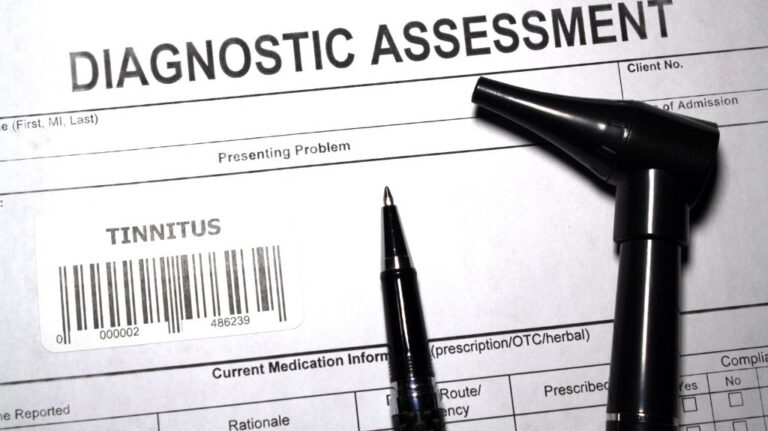Can a Veteran Write a Letter for Their Own Disability Claim?
When applying for VA disability benefits, veterans often need to provide supporting documentation that demonstrates the extent of their service-connected disabilities. One common question is whether a veteran can write a letter on their own behalf to support their disability claim. The short answer is yes, but there are some important considerations to keep in…











